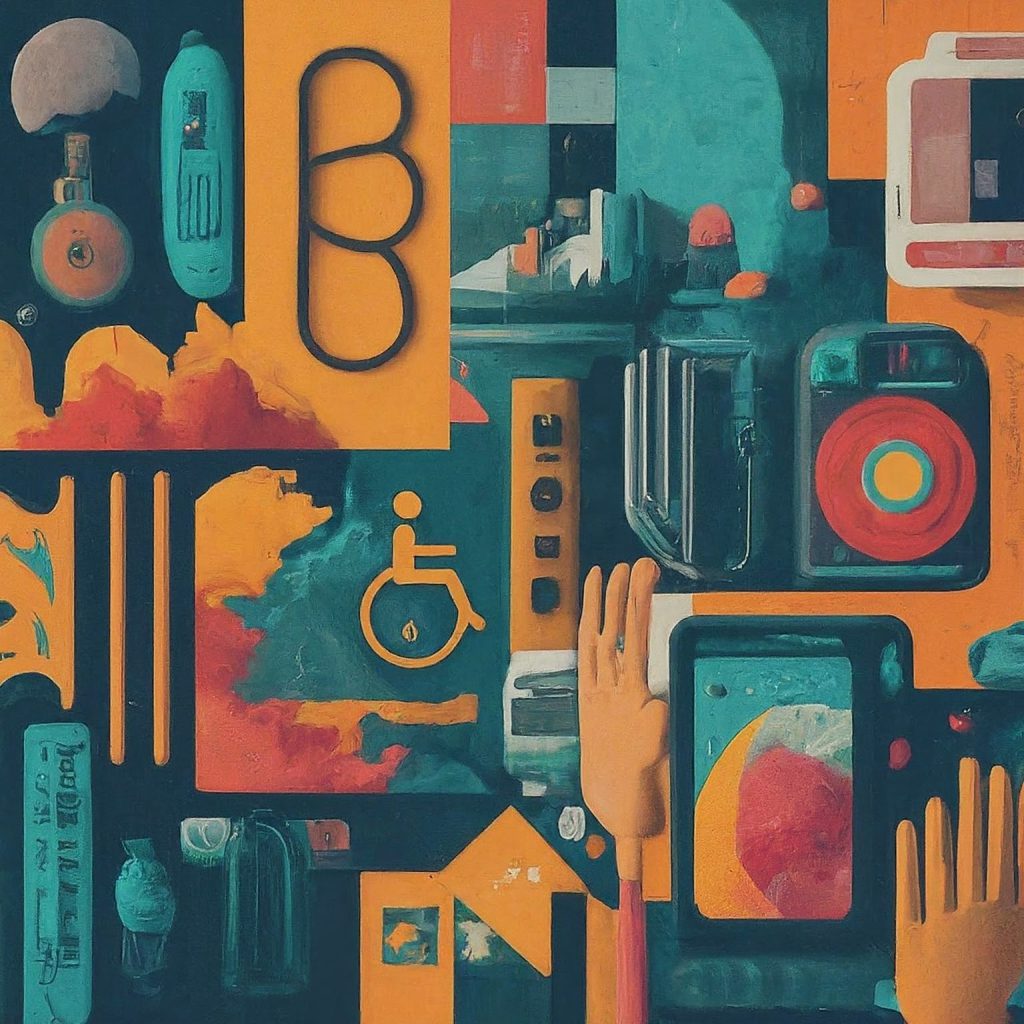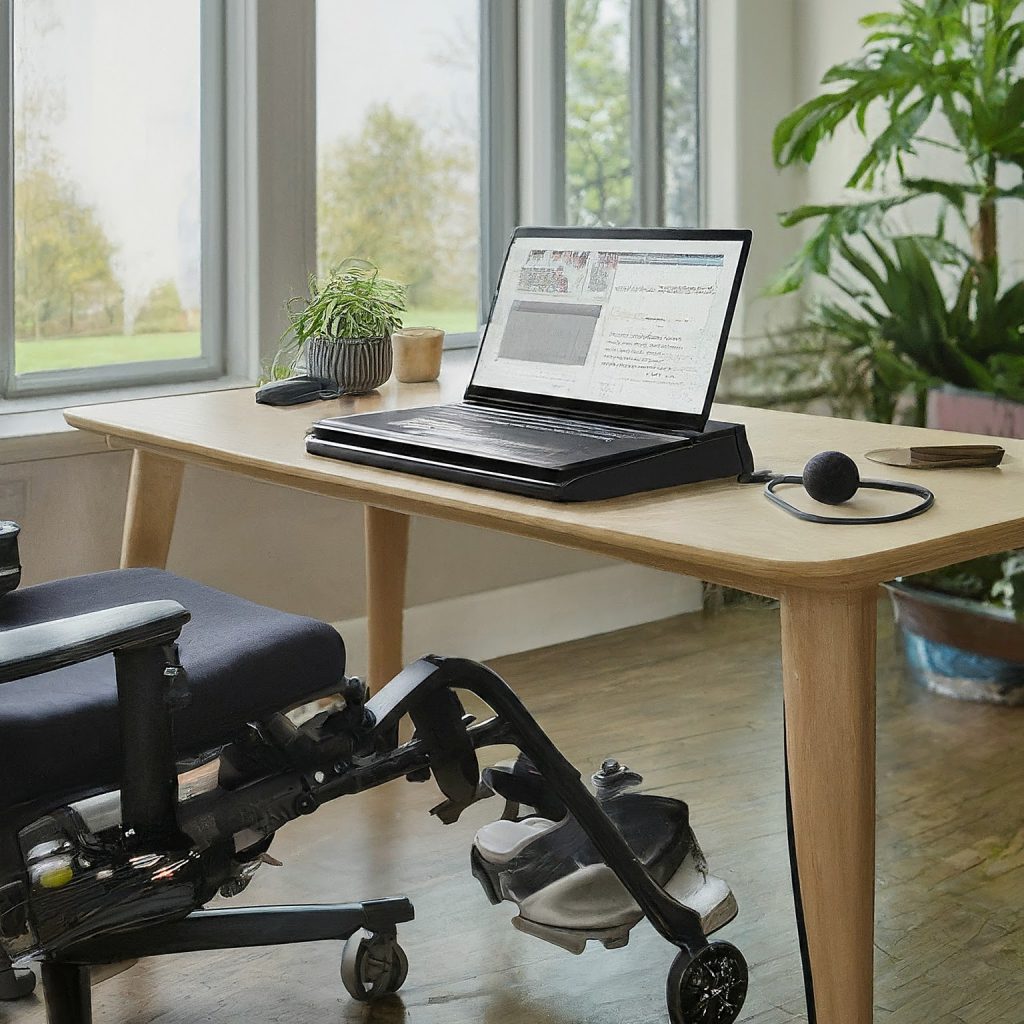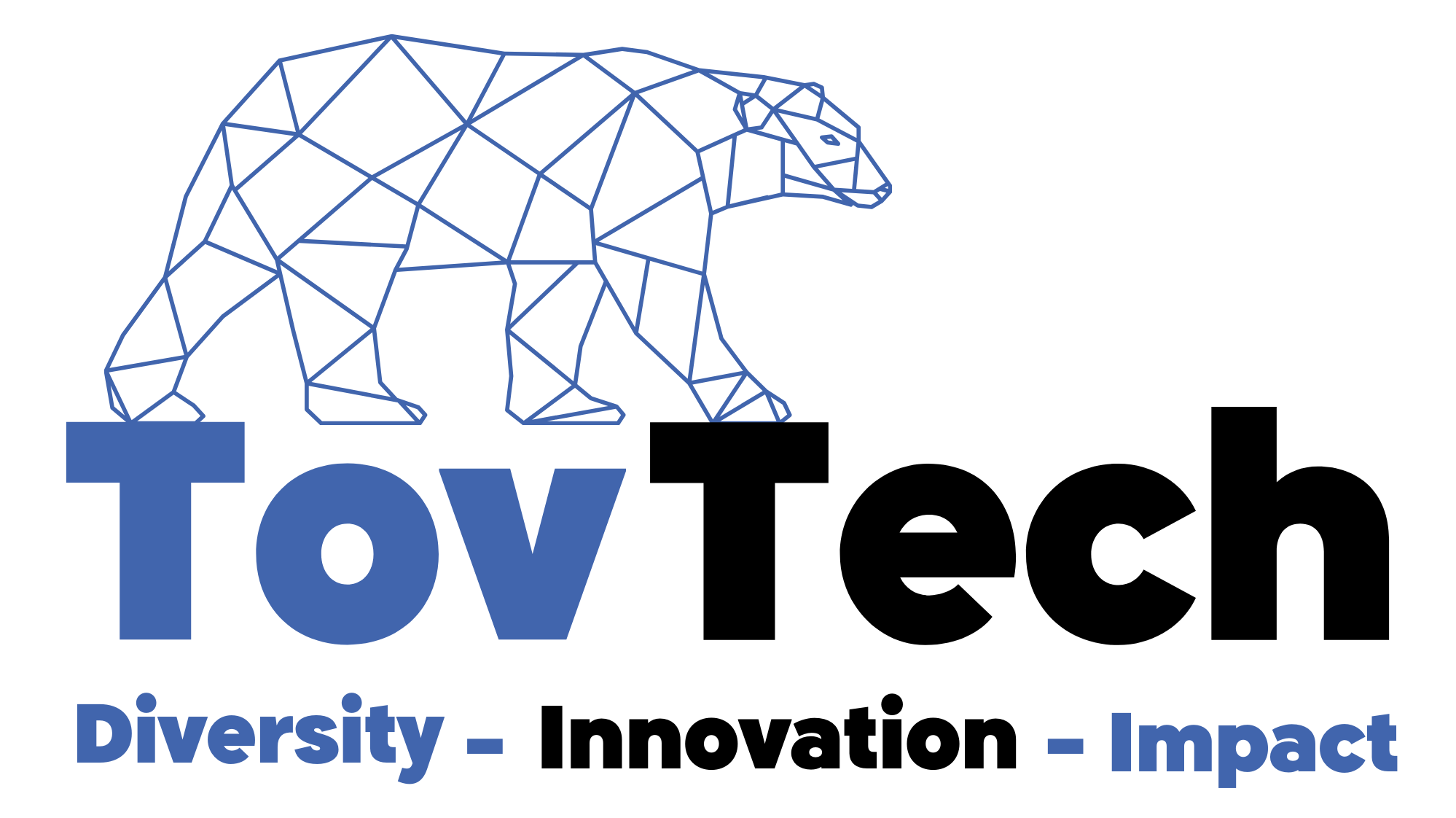Supporting People with Mental Disabilities
What is the prevalence of mental illness among people with disabilities?
Mental illness is a common issue among people with disabilities. According to the World Health Organization, approximately 20% of people with disabilities experience some form of mental health condition. This is significantly higher than the general population, where an estimated 10% of people experience mental illness. It is important to recognize that people with disabilities may face additional challenges and stressors that can contribute to the development of mental health issues.
What can be done to improve mental health support for people with disabilities?
There are several strategies that can be implemented to improve mental health support for people with disabilities. These include:
- Improving access to mental health services: This may involve providing transportation or other accommodations to make it easier for people with disabilities to access mental health care. It may also involve increasing the availability of teletherapy or other remote mental health services, which can be particularly useful for people with mobility or transportation challenges.
- Advocating for disability rights: People with disabilities may face discrimination or barriers to accessing mental health care and other resources. It is important to advocate for disability rights and to challenge policies or practices that may limit access to care or support.
- Supporting self-advocacy: Encouraging people with disabilities to advocate for their own needs and to speak up about their mental health concerns can be an important step towards improving mental health support. This may involve providing education and resources to help individuals understand their rights and how to advocate for themselves.
- Offering peer support: Connecting people with disabilities to others who have similar experiences can be a valuable source of support and encouragement. Peer support groups or online communities can provide a safe and supportive space for people with disabilities to share their experiences and offer one another support.

How can friends and family members support individuals with mental disabilities?
There are several ways that friends and family members can support individuals with mental disabilities:
- Educate yourself: Learning about mental illness and disability can help you understand and support your loved one. This may include learning about the specific mental health condition they are living with, as well as the challenges and stigma they may face.
- Listen and offer support: Show your loved one that you are there for them by listening without judgment and offering emotional support. Encourage them to talk about their feelings and experiences, and let them know that you are there for them.
- Encourage self-care: Help your loved one prioritize their physical and mental health by encouraging them to engage in self-care activities such as exercise, healthy eating, and relaxation techniques.
- Be patient and understanding: Mental illness can be unpredictable and may cause your loved one to behave in ways that are confusing or



